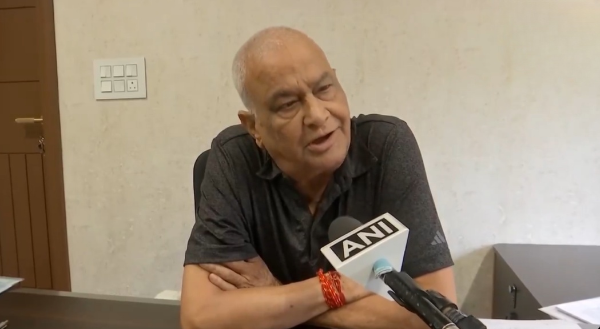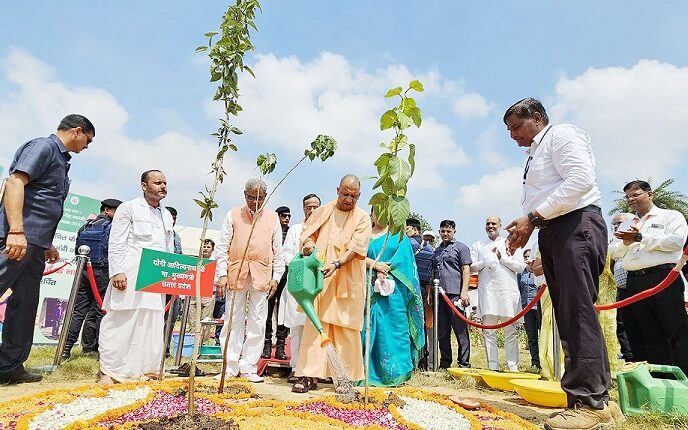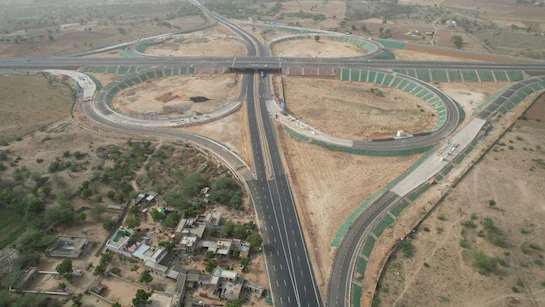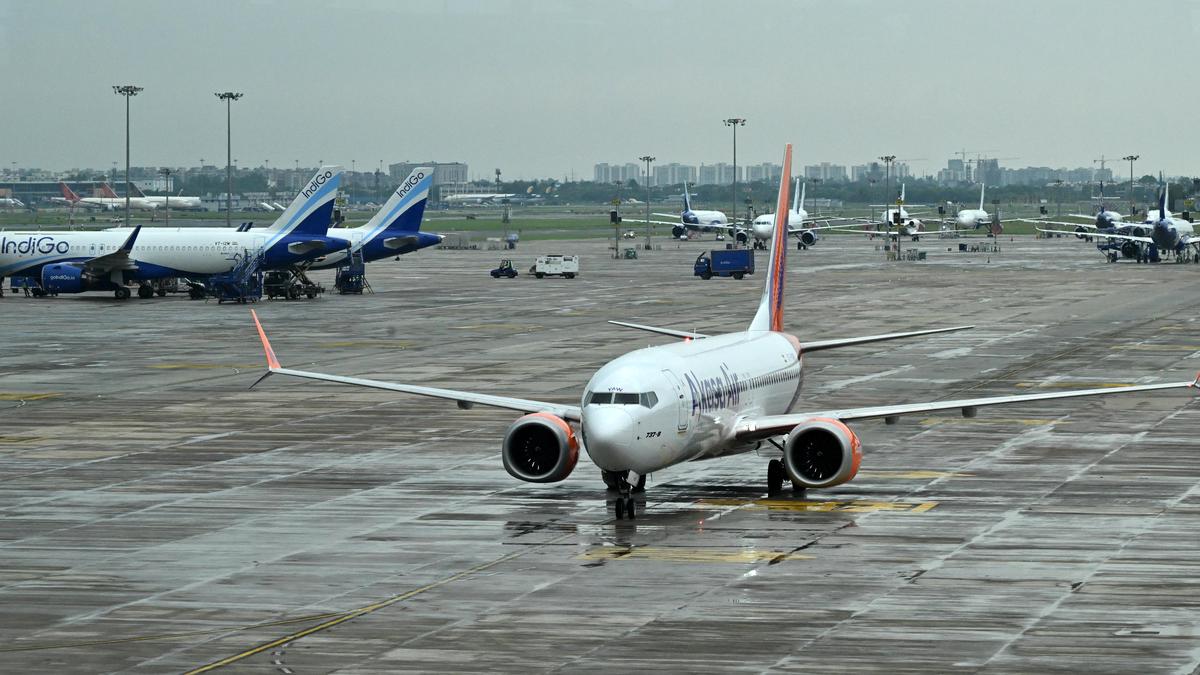Dr Kirodi Lal Meena, a prominent Rajasthan Minister, issued a strong rebuttal today against the opposition’s tactics, accusing them of theatrics aimed at sowing confusion among the public. He also emphasized the National Democratic Alliance’s (NDA) commitment to selecting the Lok Sabha Speaker through consensus, amidst ongoing debates over the appointment process.
Addressing reporters in Jaipur, Dr Kirodi Lal Meena dismissed claims of any existential threat to the constitution, stating, “Congress and the opposition are doing a drama to create confusion among the people. There is no threat to the constitution.” He further criticized the opposition by referencing historical events, stating, “Those people are talking about saving democracy who put democracy behind bars from 1975-1977,” alluding to the Emergency period in India.
Regarding the selection of the Lok Sabha Speaker, Dr Kirodi Lal Meena underscored that traditionally, consensus among political parties has determined the appointment. “The Lok Sabha speaker is always chosen by consensus,” he affirmed, highlighting the longstanding parliamentary practice aimed at maintaining bipartisan support for crucial positions.
Expressing his disappointment with recent developments, Dr Kirodi Lal Meena condemned what he perceived as a departure from established norms by the Congress and opposition parties. “The speaker will be from the NDA alliance only but the new practice started by Congress and opposition parties is very unfortunate,” he remarked, reflecting the NDA’s stance on ensuring continuity and consensus in parliamentary proceedings.
The remarks by the Rajasthan Minister come amidst heightened political tensions and negotiations over the selection of the next Lok Sabha Speaker, a pivotal role in India’s parliamentary framework. As parties maneuver to secure key positions, debates over democratic principles and procedural integrity continue to shape public discourse and political strategies.
As the nation prepares for upcoming parliamentary sessions, stakeholders are closely monitoring developments within political corridors, anticipating further deliberations and resolutions on critical issues affecting governance and legislative processes.
Dr Kirodi Lal Meena’s statements highlight the complexities inherent in India’s democratic governance, underscoring the delicate balance between political competition and consensus-building necessary for effective parliamentary functioning. The ongoing discussions are pivotal in determining the future direction of legislative leadership and governance priorities in the country.




